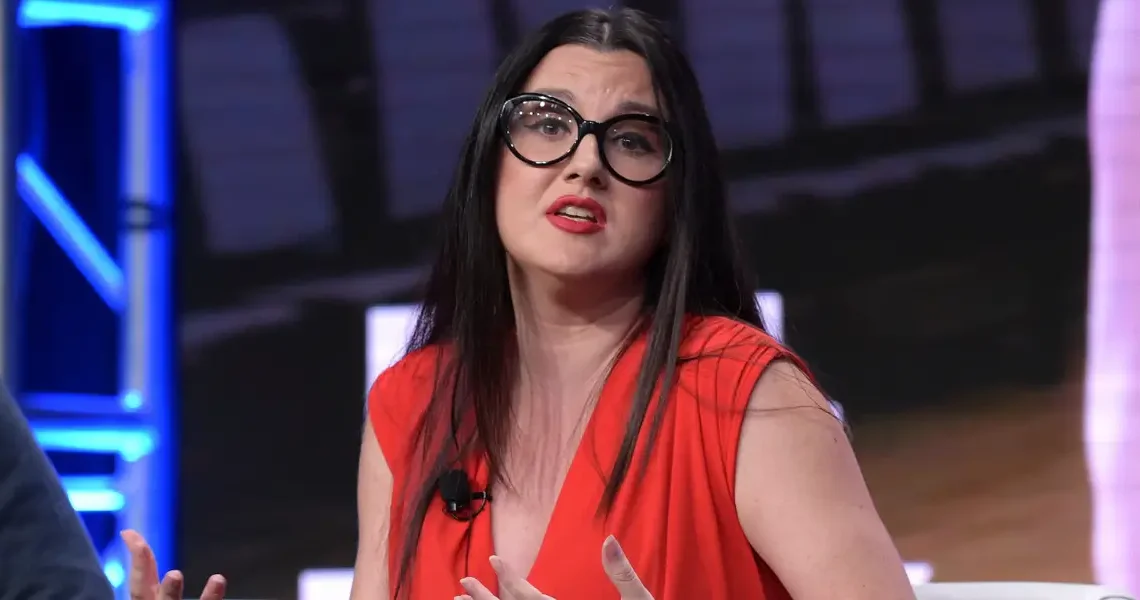OpenAI CEO of Applications Fidji Simo said being cautious is actually the bigger risk to the AI company.
“I know these deals look risky on the outside, but on the inside, what’s much riskier would be to not lean into compute,” Simo told Wired in an interview published on Monday.
Other hyperscalers have also said they view the bigger risk as not building up their scale fast enough. Meta CEO Mark Zuckerberg, who once worked alongside Simo at Facebook, said the bigger risk than the AI bubble is to play it safe.
“If we end up misspending a couple of hundred billion dollars, I think that that is going to be very unfortunate, obviously,” he said in September. “But what I’d say is I actually think the risk is higher on the other side.”
Capex spending by AI and leading tech companies is so massive that some economists say it is boosting the overall economy. The sheer size of those investments has unnerved some on Wall Street who are worried about a bubble akin to the Dot-Com era.
OpenAI CEO Sam Altman recently clarified that the company isn’t looking for a bailout if its data center investments go belly up, a concern that was sparked by OpenAI CFO Sarah Friar, who spoke of a “government backstop” for data center spending.
“If we screw up and can’t fix it, we should fail, and other companies will continue on doing good work and servicing customers,” Altman wrote on X. “That’s how capitalism works and the ecosystem and economy would be fine. We plan to be a wildly successful company, but if we get it wrong, that’s on us.”
In announcing Simo’s appointment, Altman said he would increase his focus on research and compute. Simo is responsible for other questions, including how to integrate ads into ChatGPT.
Simo wants to make ChatGPT Pulse available to all users
Simo, who left Instacart to join the AI startup in May, said she is aware that from the outside, there is concern about OpenAI’s slew of hyperscaling deals that have the company on the hook for $1.4 trillion in data center commitments over the next 8 years despite losing billions every year. But inside OpenAI, she said, compute is in such demand that there’s no other choice.
“When you look at how constrained we are internally and how much more we could do if we had more GPUs, it’s very clearly the right decision,” she said. “We have a pipeline of products that are going to make massive use of compute.”
As an example, Simo said she would like to make Pulse, a Pro feature inside ChatGPT that personalizes updates based on chats, feedback, and connected apps like a calendar, available to all users. Right now, there simply isn’t enough compute available to do so.
“I’m giving you one example, but there’s ten of those,” she said.
Read the original article on Business Insider
The post Fidji Simo says OpenAI can’t afford not to strike massive compute deals: ‘What’s much riskier would be to not lean into compute’ appeared first on Business Insider.




